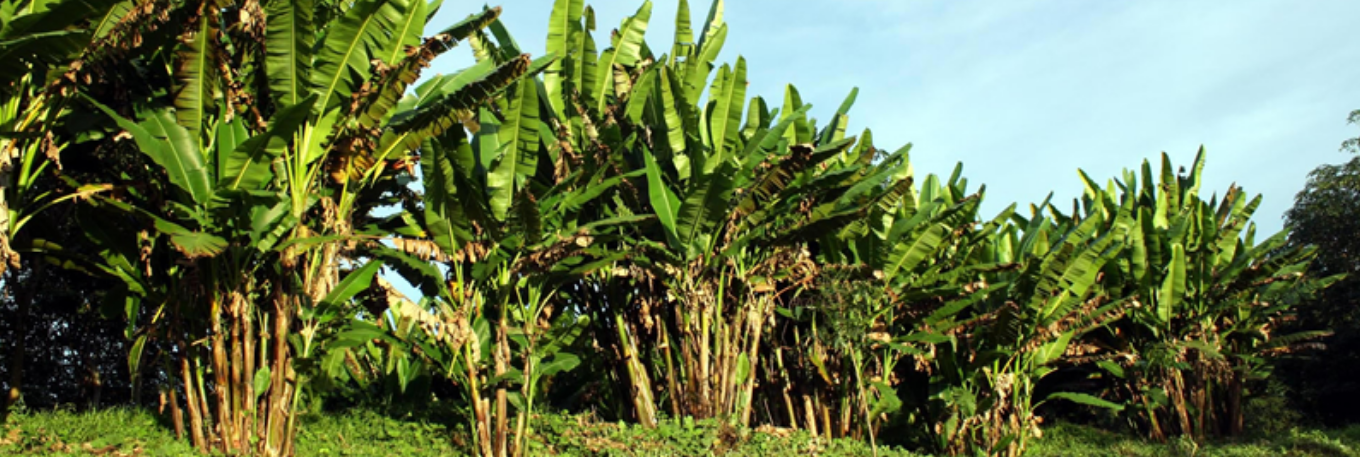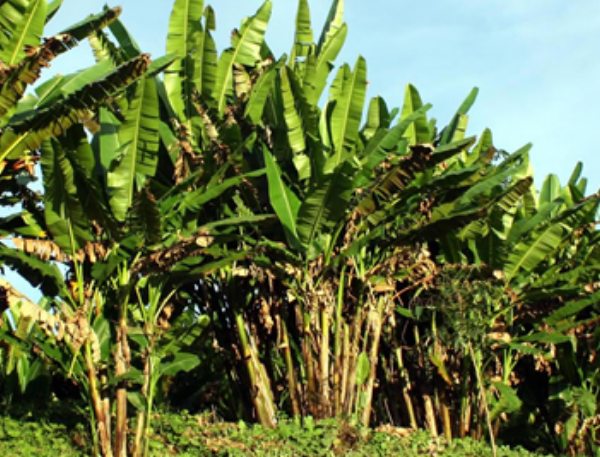Here’s Something You Can Try At Home, And It Doesn’t Cost The Earth (Or The Sea)
by Neil Maddison
Something in the news yesterday vividly made me recall an incident a few years ago, which changed my way of life.
One Spring, I was digging out the home-produced compost I’d been mulching down for the previous couple of years, and chucking it onto the raspberry patch. I just couldn’t understand why every second forkful or so, there was a tatty tea bag impaled on one of the tines. I kept pulling them off and chucking them into the waste bucket, but was puzzled and also slightly annoyed that the bags hadn’t decomposed. What on earth was going on? I forgot about the incident, but a few months later, when out walking with a gardening friend, I mentioned the fact that my compost seemed to be full of discarded tea bags, several years after I’d put them out to rot. “Ah, yes – it’s because the tea bags have plastic in them.”
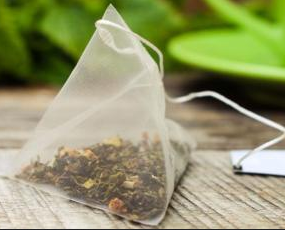
Most tea bags contain plastic.
What?! It turned out that yes, most tea bags have been made with paper infused with plastic, to keep the shape. Only those tea bags made with natural fibres, for example by Pukka, Twinings and Clipper, don’t contain microplastics.
The result is plastic in your compost, and plastic in the sea including recently discovered vast deposits of microplastic on the ocean floor, suggesting that they might be clogging up the gut systems of demersal fish (which live at the bottom of the sea) and consequently ending up in our plaice and chips.
Here are two interesting BBC News articles on the subject:
Microplastics: Premium teabags leak billions of particles – study
High microplastic concentration found on ocean floor
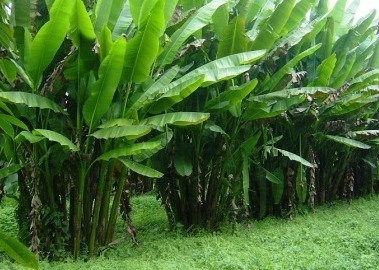
Abaca plant
The good news is that we can do something about it. In the Philippines, we are working with farmers’ associations to increase the amount of abaca (Manila hemp) produced.
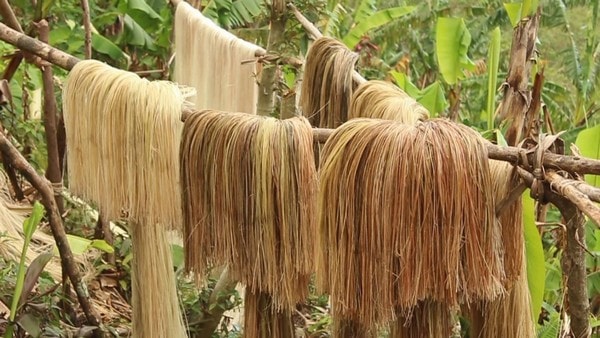
Abaca fibre in production
Abaca is the natural fibre used to make environmentally friendly tea bags, and which widely was used before triangle-shaped teabags became so popular.
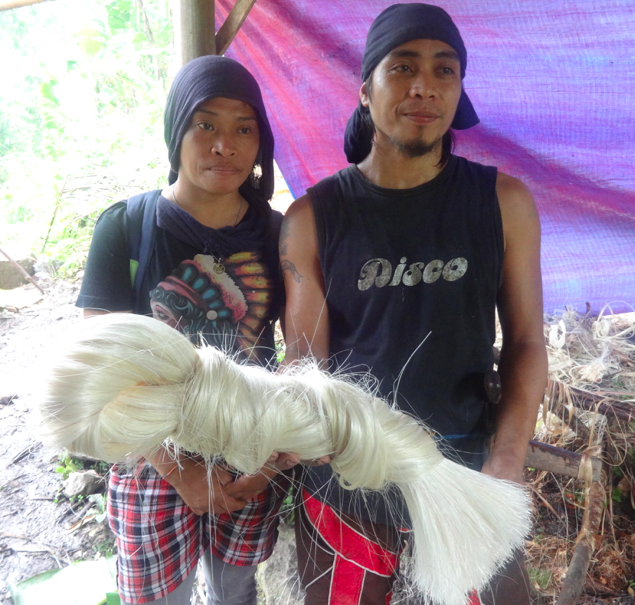
Abaca Farmers
Read about how we are helping to increase the production of abaca here. You could also consider switching to natural fibre tea bag brands (or loose tea). Meanwhile, we know of at least one major tea retailer looking at the ways they can shift to non-microplastic tea bags, and others will take note if enough of us switch our buying patterns.
Neil Maddison

